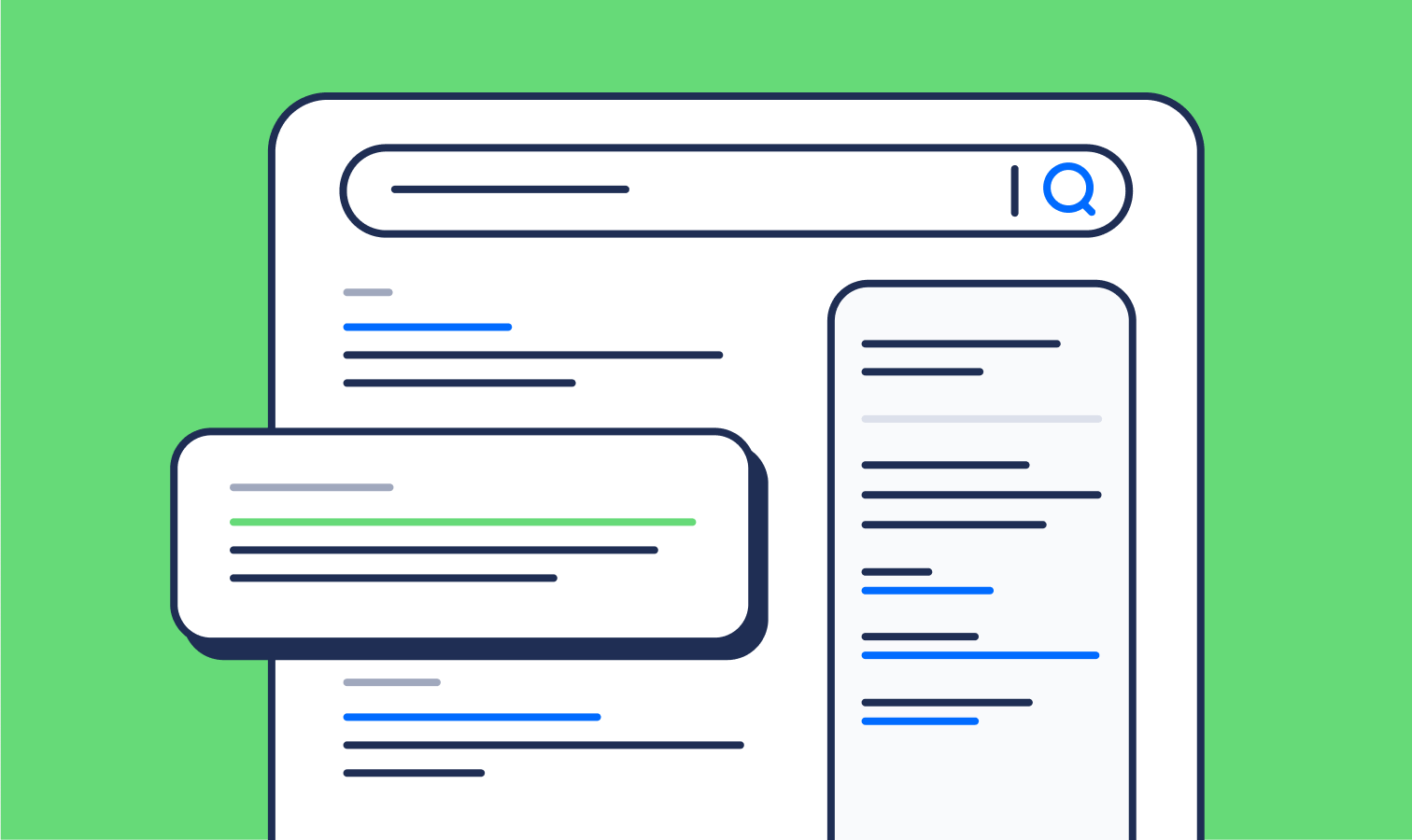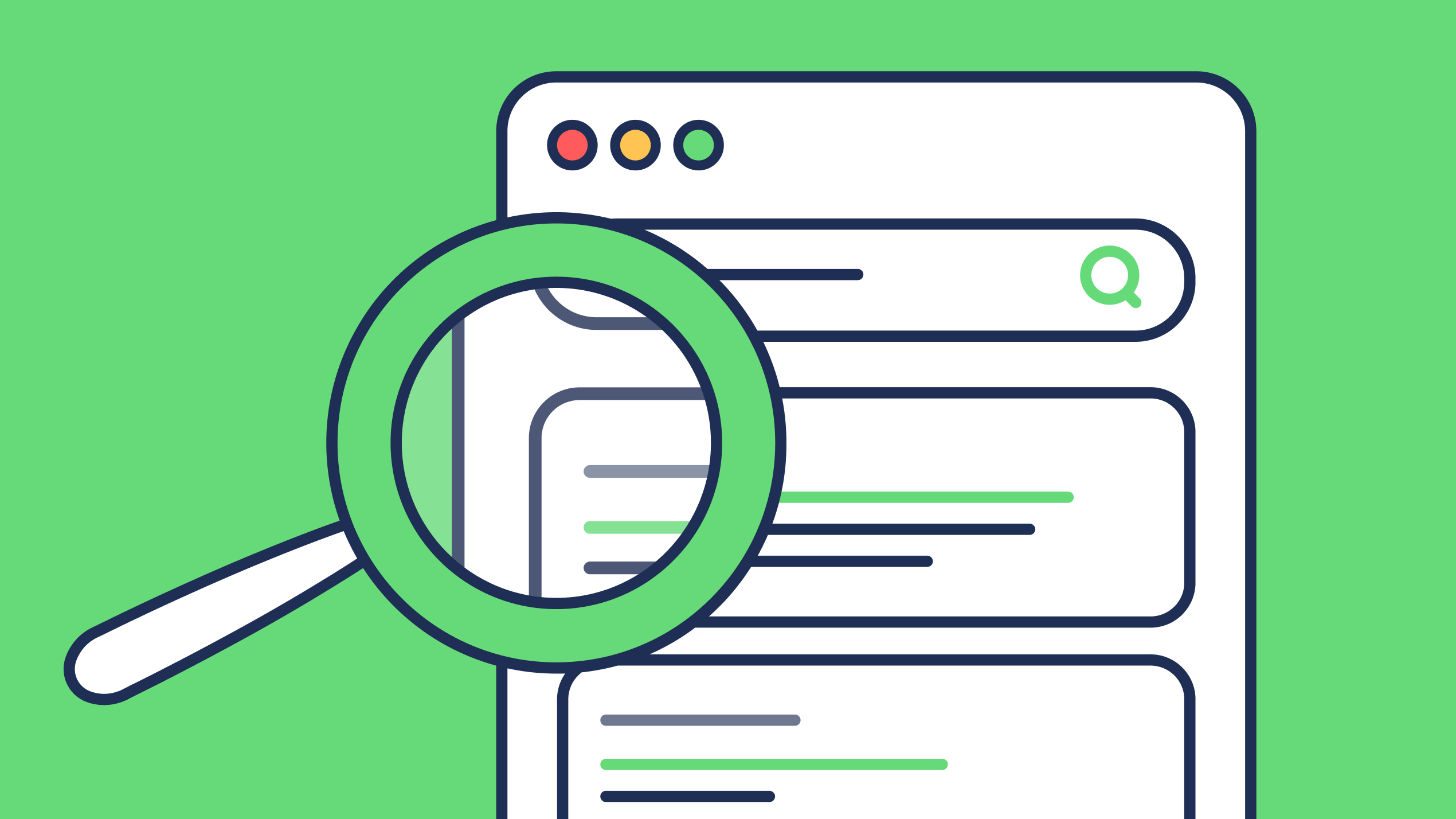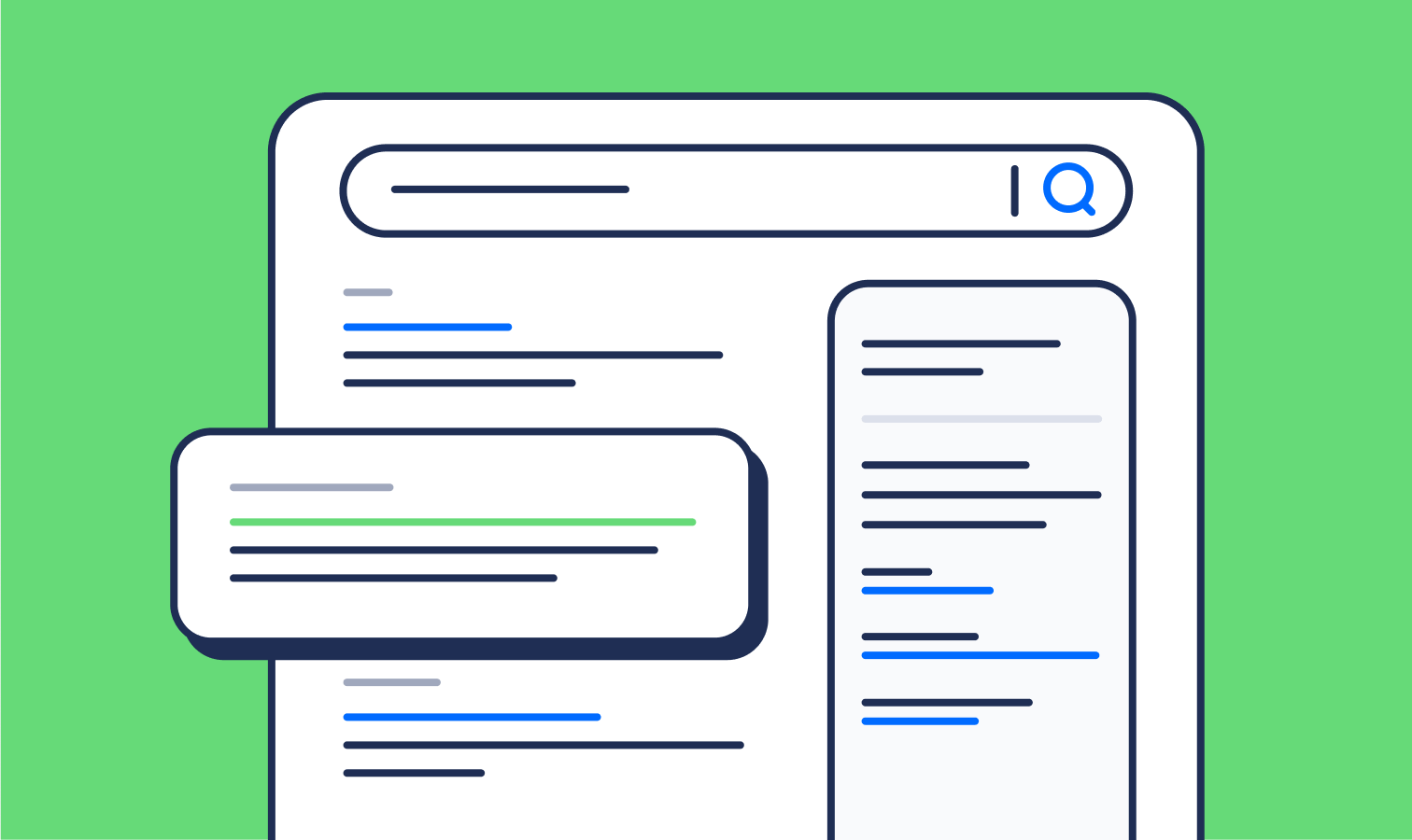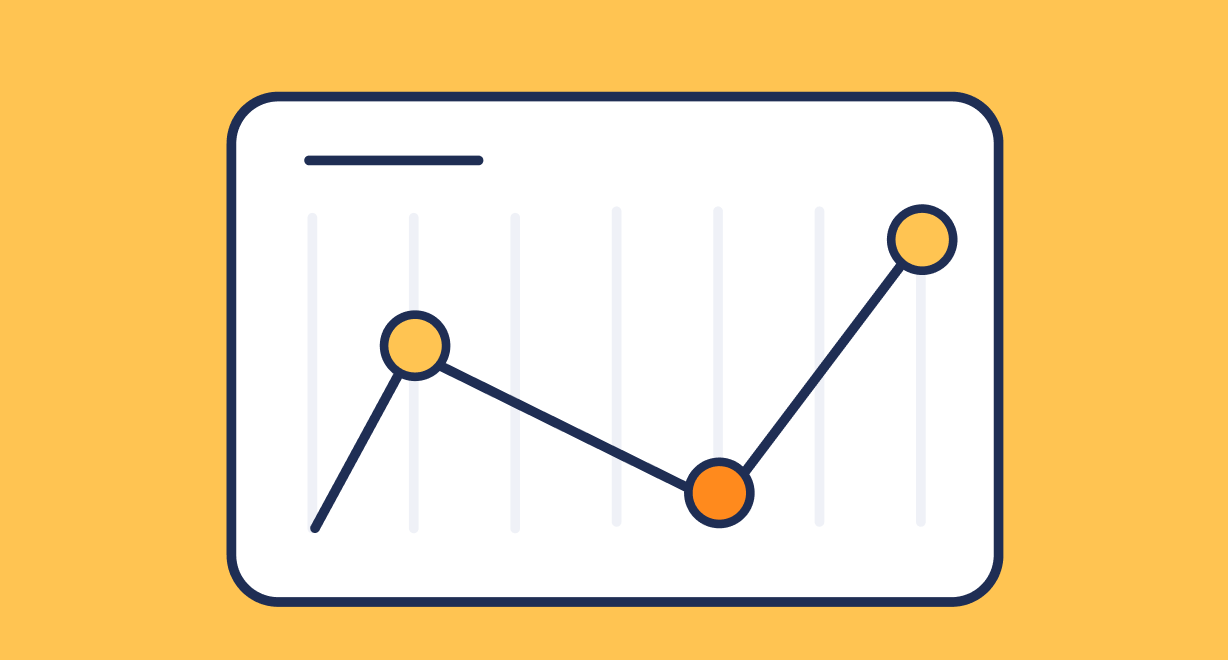Search engines are evolving at lightning speed. With AI-powered search engines like Google’s Search Generative Experience (SGE) and ChatGPT-driven search results reshaping how users find information, traditional SEO is no longer enough.
If your content isn’t optimized for AI-driven search, your website risks becoming invisible.
In this post, we’ll cover five essential factors to help you stay ahead of competitors and future-proof your SEO strategy.

1. Create High-Quality, Context-Rich Content
“AI doesn’t just crawl keywords — it understands intent and context.”
AI search models prioritize user intent and content depth. Unlike older search algorithms, AI interprets meaning, structure, and completeness to determine whether your content truly solves a user’s problem.
Why It Matters
- AI systems evaluate context and meaning, not just keyword density.
- Websites with thin content get downranked in favor of those with comprehensive resources.
Optimization Steps
- Develop Pillar Content: Create comprehensive pages covering a topic from multiple angles.
Example: A master guide on “AI Search Optimization Strategies.” - Use Natural Language: Write in a conversational tone and focus on long-tail keywords like “how to optimize a website for AI search engines.”
- Add FAQ Sections: Use real questions from tools like AnswerThePublic or People Also Ask for inspiration.
- Show Expertise: Add author bios, cite sources, and include real case studies to align with Google’s E-E-A-T principles.
2. Implement Structured Data and Schema Markup
“AI search engines need context clues — schema markup provides them.”
Structured data helps AI understand your content and its relationships, increasing your chances of appearing in rich snippets and AI-generated answers.
Types of Schema to Add
- Organization Schema: Define your business, logo, and social profiles.
- FAQ Schema: Essential for AI-driven Q&A search results.
- Product Schema: For e-commerce product listings.
- Article Schema: For blogs and content marketing pages.
Example Code:
{
"@context": "https://schema.org",
"@type": "Article",
"headline": "5 Critical Factors to Rank Your Website for AI Search Optimization",
"author": {
"@type": "Person",
"name": "Jay S."
},
"publisher": {
"@type": "Organization",
"name": "Refinex Media"
},
"datePublished": "2025-09-08"
}
3. Build a Strong Technical SEO Foundation
Even the best content will fail to rank if your website has technical issues.
Key Areas to Focus On
a) Site Speed & Core Web Vitals
- Compress images
- Use a CDN like Cloudflare
- Test speed with Google PageSpeed Insights
b) Mobile-First Optimization
- Use responsive design
- Check performance with Google Mobile-Friendly Test
c) Crawlability & Indexing
- Submit an XML sitemap to Google Search Console
- Fix broken links and clean up redirect chains
d) Security (HTTPS)
- Ensure your site has an SSL certificate for secure browsing
4. Optimize for AI-Powered Voice Search
“Voice search is the fastest-growing area of AI-driven search.”
By 2026, more than 55% of households will have smart speakers. AI-powered voice searches are longer, conversational, and require a different optimization approach.
Voice Search Best Practices
- Use question-based keywords like:
“What are the best ways to optimize a website for AI search?” - Target local SEO phrases like:
“AI SEO agency near me.” - Format answers for featured snippets by providing direct, concise responses.
5. Build Authority Through AI-Friendly Link Strategies
Backlinks still matter, but AI evaluates quality and context, not just quantity.
Smart Link Building Strategies
- Create Linkable Assets:
Publish free resources like templates, checklists, or research reports. - Leverage Digital PR:
Use HARO (Help a Reporter Out) to get featured in high-authority publications. - Partnership Outreach:
Collaborate with related businesses for mutual promotion. - Monitor Toxic Links:
Use Ahrefs or Moz to find and disavow harmful links.
Bonus – Use AI-Powered Analytics
Track your results with AI-driven analytics tools like Google Analytics 4 to stay ahead.
Key Metrics to Monitor:
- Organic traffic growth
- Keyword performance for AI-related searches
- Conversion rates
- Bounce rate and dwell time
Final Thoughts
The future of SEO lies in understanding AI-driven search behavior. By focusing on these five factors, you’ll not only rank higher today but also protect your visibility as AI continues to evolve.
Quick Recap:
- Create context-rich content
- Implement structured data
- Strengthen technical SEO
- Optimize for voice search
- Build authoritative backlinks
Search engines are evolving at lightning speed. With AI-powered search engines like Google’s Search Generative Experience (SGE) and ChatGPT-driven search results reshaping how users find information, traditional SEO is no longer enough.
If your content isn’t optimized for AI-driven search, your website risks becoming invisible.
In this post, we’ll cover five essential factors to help you stay ahead of competitors and future-proof your SEO strategy.

1. Create High-Quality, Context-Rich Content
“AI doesn’t just crawl keywords — it understands intent and context.”
AI search models prioritize user intent and content depth. Unlike older search algorithms, AI interprets meaning, structure, and completeness to determine whether your content truly solves a user’s problem.
Why It Matters
- AI systems evaluate context and meaning, not just keyword density.
- Websites with thin content get downranked in favor of those with comprehensive resources.
Optimization Steps
- Develop Pillar Content: Create comprehensive pages covering a topic from multiple angles.
Example: A master guide on “AI Search Optimization Strategies.” - Use Natural Language: Write in a conversational tone and focus on long-tail keywords like “how to optimize a website for AI search engines.”
- Add FAQ Sections: Use real questions from tools like AnswerThePublic or People Also Ask for inspiration.
- Show Expertise: Add author bios, cite sources, and include real case studies to align with Google’s E-E-A-T principles.
2. Implement Structured Data and Schema Markup
“AI search engines need context clues — schema markup provides them.”
Structured data helps AI understand your content and its relationships, increasing your chances of appearing in rich snippets and AI-generated answers.
Types of Schema to Add
- Organization Schema: Define your business, logo, and social profiles.
- FAQ Schema: Essential for AI-driven Q&A search results.
- Product Schema: For e-commerce product listings.
- Article Schema: For blogs and content marketing pages.
Example Code:
{
"@context": "https://schema.org",
"@type": "Article",
"headline": "5 Critical Factors to Rank Your Website for AI Search Optimization",
"author": {
"@type": "Person",
"name": "Jay S."
},
"publisher": {
"@type": "Organization",
"name": "Refinex Media"
},
"datePublished": "2025-09-08"
}
3. Build a Strong Technical SEO Foundation
Even the best content will fail to rank if your website has technical issues.
Key Areas to Focus On
a) Site Speed & Core Web Vitals
- Compress images
- Use a CDN like Cloudflare
- Test speed with Google PageSpeed Insights
b) Mobile-First Optimization
- Use responsive design
- Check performance with Google Mobile-Friendly Test
c) Crawlability & Indexing
- Submit an XML sitemap to Google Search Console
- Fix broken links and clean up redirect chains
d) Security (HTTPS)
- Ensure your site has an SSL certificate for secure browsing
4. Optimize for AI-Powered Voice Search
“Voice search is the fastest-growing area of AI-driven search.”
By 2026, more than 55% of households will have smart speakers. AI-powered voice searches are longer, conversational, and require a different optimization approach.
Voice Search Best Practices
- Use question-based keywords like:
“What are the best ways to optimize a website for AI search?” - Target local SEO phrases like:
“AI SEO agency near me.” - Format answers for featured snippets by providing direct, concise responses.
5. Build Authority Through AI-Friendly Link Strategies
Backlinks still matter, but AI evaluates quality and context, not just quantity.
Smart Link Building Strategies
- Create Linkable Assets:
Publish free resources like templates, checklists, or research reports. - Leverage Digital PR:
Use HARO (Help a Reporter Out) to get featured in high-authority publications. - Partnership Outreach:
Collaborate with related businesses for mutual promotion. - Monitor Toxic Links:
Use Ahrefs or Moz to find and disavow harmful links.
Bonus – Use AI-Powered Analytics
Track your results with AI-driven analytics tools like Google Analytics 4 to stay ahead.
Key Metrics to Monitor:
- Organic traffic growth
- Keyword performance for AI-related searches
- Conversion rates
- Bounce rate and dwell time
Final Thoughts
The future of SEO lies in understanding AI-driven search behavior. By focusing on these five factors, you’ll not only rank higher today but also protect your visibility as AI continues to evolve.
Quick Recap:
- Create context-rich content
- Implement structured data
- Strengthen technical SEO
- Optimize for voice search
- Build authoritative backlinks




